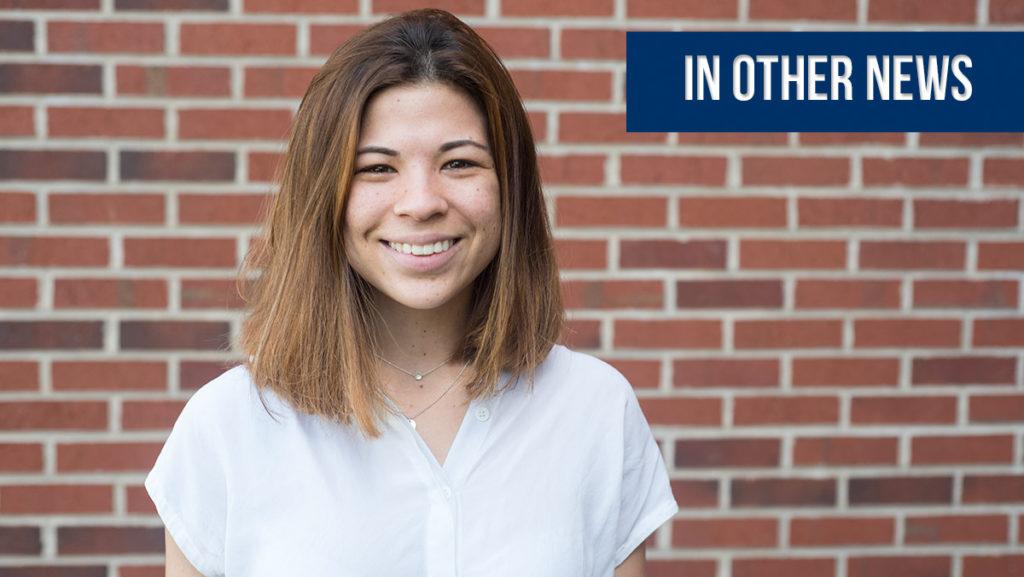Venezuela has had a turbulent government for decades. It is almost impossible to find basic goods and foods legally in the country, and inflation is predicted to rise to 1,600 percent by the end of 2017. To top everything off, the newly elected vice president, Tareck El Aissami, is being sanctioned by the United States over allegations of being a narcotics trafficker.
El Aissami was blacklisted by the U.S. Department of the Treasury for helping protect international kingpins and for aiding in the transportation of drugs through Venezuela. The Wall Street Journal accused El Aissami of facilitating drug trade in 2015, even though his reports as minister of the interior show that he shut down about 70 drug traffickers and seized narcotics by the tons.
It was also found that El Aissami had ties to the terrorist organization Hezbollah. The Venezuelan embassy in Iraq was selling illegal visas and passports to people in the Middle East, and it has been found that some of these documents were sold to members of Hezbollah. The relationship between the embassy and Hezbollah was unclear until it was found that El Aissami is one of the main suppliers of the drug network that Hezbollah operates in Europe.
El Nuevo Herald, a Spanish-language newspaper in the U.S., reported El Aissami is a double threat to the U.S. because he partakes in traditional drug trade and has ties to terrorist organizations.
Concern should be placed, however, on how this will affect the stability of Central and South America.
The Latin American region has undergone social and political changes for the past three decades to diminish trafficking and eradicate a “narc culture” cultivated by Pablo Escobar and Mexican drug lords. Right now, the entire region could regress to drug trade because of the leadership of the Venezuelan government.
Venezuela, though falling apart, is still a key player in the Latin American political landscape. Having a vice president that eases up on drug trade, something that almost tore the region apart back in the ’80s, would make it easy for drug trade to pick itself back up.
For example, for the past few decades in Colombia, the Revolutionary Armed Forces were the owners of cocaine trade. That drug market is now open. If there is a government official in the country next door making the market easier to manage, it won’t matter if the Colombian peace treaty eradicated drug trade in the country — someone else is going to pick it up anyway.




